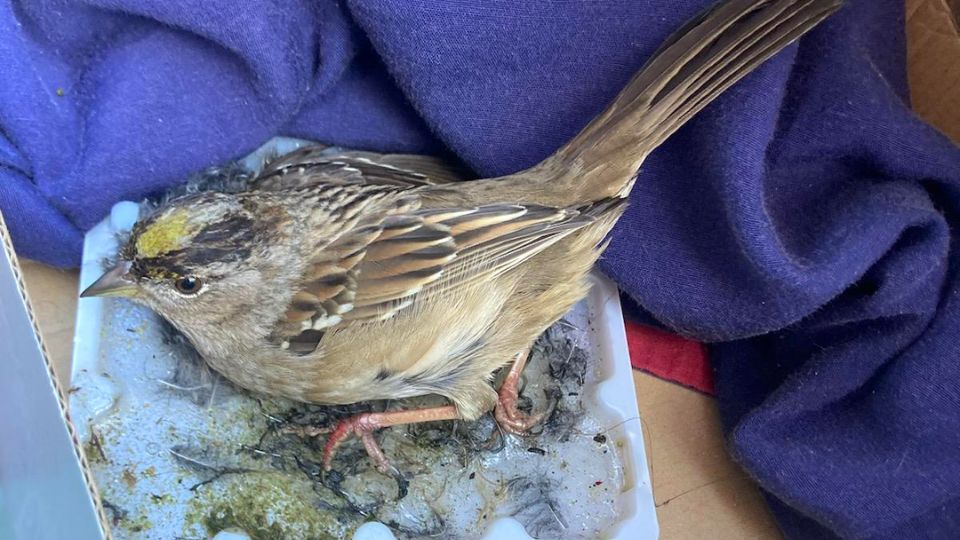Ojai recently became the second city in the U.S. to prohibit the sale and use of glue traps. The devices are designed to trap rodents using trays covered in a sticky adhesive. This can lead to small animals getting stuck and suffering for days before dying, with their faces and limbs stuck in the glue, as stated in a recent PETA press release regarding the ban.
Currently, animal welfare officials in San Francisco are advocating for a comparable prohibition within the city, as well as a nationwide restriction on the traps. Our Animal Control Officers would greatly appreciate a ban. Deb Campbell, a spokesperson for San Francisco Animal Care and Control, mentioned that they frequently rescue animals and birds from the area.
San Francisco’s Commission of Animal Control and Welfare is currently discussing a potential ban on glue traps. In the previous month, the commission wrote a letter to Rep. Nancy Pelosi endorsing the Glue Trap Prohibition Act of 2024, a bill introduced by Rep. Ted Lieu, D-Calif., in January to outlaw the traps nationwide.
Lieu’s bill was influenced by a ban on traps that was approved in West Hollywood in April, making it the first of its kind in an American city. Glue traps are banned in several countries and regions, including England, Iceland, Ireland, New Zealand, Wales, two states and one territory in Australia, and over 30 states and union territories in India, as stated in the commission’s letter.
Also Read: Colorado Eviction Laws and Process You Should Know in 2024
The Animal Commission is working on implementing a glue trap ban in San Francisco, following the example of West Hollywood. We have consulted with many wildlife rehabilitators, animal control officers, and animal law subject matter experts. Consensus is clear: glue traps are inhumane, non-selective killing tools that result in immense pain.
Wildlife ensnared in glue traps can range beyond just rodents: San Francisco Animal Care and Control has come across a variety of animals, including ravens, skunks, lizards, and even kittens stuck on sticky devices. Animals caught in traps may resort to extreme measures, such as self-amputation, due to the harsh conditions they face. It’s recommended by the Centers for Disease Control and Prevention to avoid using glue traps for rodent infestations because the traps can startle rodents into urinating, potentially causing illness to people in the house.
“It’s unfortunate that individuals choose to use something inhumane and leave it outside where various creatures can get trapped,” Campbell expressed.



Leave a Reply